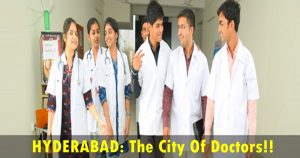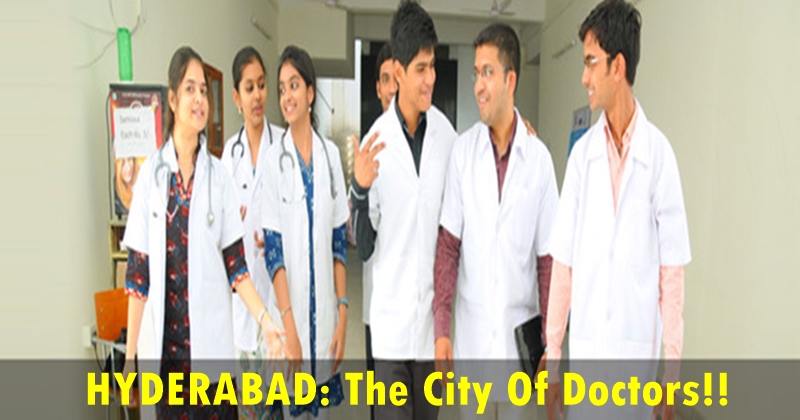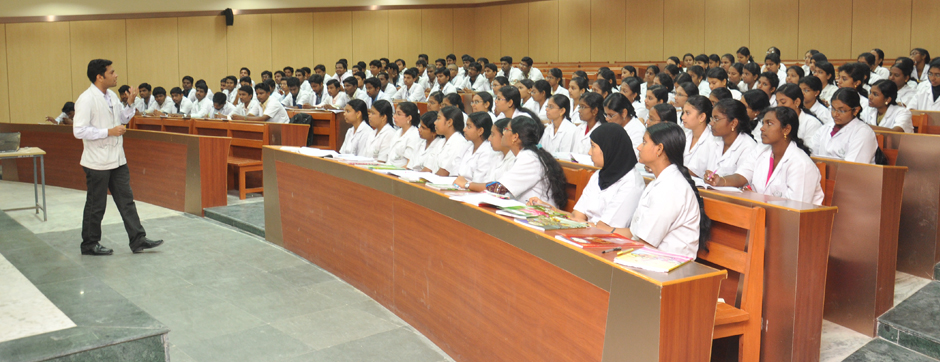
Hyderabad Becomes The City With Highest Density Of Doctors!
News, Hyderabad: Up until now Hyderabad was the Hub for informational technology and biotechnology. And now, slowly it is going to cement its place in the Medicine hub of the country. According to a recent survey, the World Health Organization (WHO) found that the city has the highest density of qualified doctors-per-lakh of population than any other metro cities.

With a ratio of 161.7 doctors for every one lakh Hyderabadis, the city beats other metros hands down. In New Delhi, 154.1 doctors cater to one lakh people, Chennai has 127.8 doctors, Kolkata has 127.1 doctors, Mumbai has 120.8 doctors and Bengaluru has only 118.2 doctors per one lakh people.
While Hyderabad as a city came out with flying colours, the district that boasted of the best ratio among 593 districts in the country was Chandigarh with 180.4 doctors serving one lakh people, followed by South Delhi district with 167.9 doctors for one lakh people.
“Our city has definitely arrived in terms of medical tourism. Foreign patients from third world countries have been flying in droves to Hyderabad for treatment in what has become a regular feature across many of the city’s corporate hospitals,” said Dr E Ravinder Reddy, chairman, Telangana state medical council.
The WHO report “The Health Workforce in India” -released early this week and authored by Sudhir Anand and Victoria Fan -analysed and compared educational qualifications of the human resource base in the health sector deployed in all 593 districts as collected by enumerators in 2001 census.

However, contextualising the report, Dr K Ramesh Reddy, the report, Dr K Ramesh Reddy, member, Medical Council of India (MCI), said the findings were nothing to be proud of as the city was also home to over 4,000 practising quacks.
“Only 15 per cent of the city population can afford corporate hospital treatment while the majority depend on single speciality hospitals and clinics.Those left out are slum dwellers and the poor, who are served by quacks with dangerous consequences, sometimes leading to even deaths,” said Dr Ramesh Reddy.